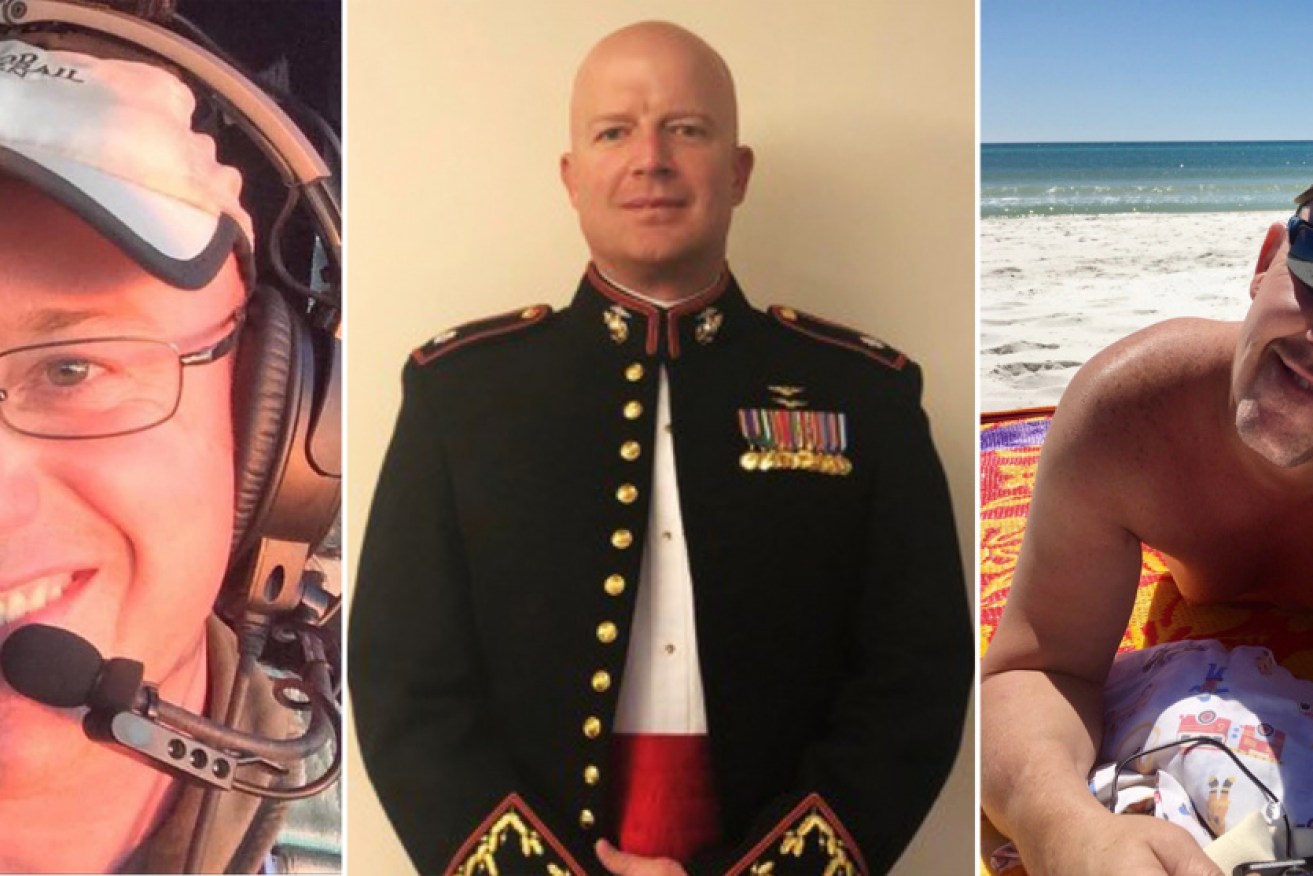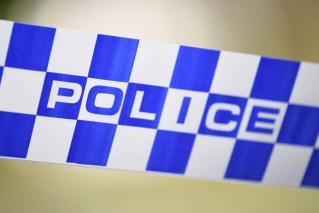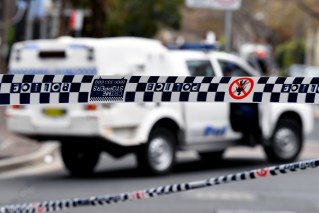‘Darkest summer’ in NSW history as brave US firefighters mourned


Captain Ian McBeth, First Officer Paul Hudson and Flight Engineer Rick DeMorgan died while battling bushfires in southern NSW. Photo: AAP
The global firefighting community is in mourning after the tragic deaths of three US firefighters killed when their C130 Hercules crashed heavily in southern NSW.
RFS Commissioner Shane Fitzsimmons said the men, whose names were released on Friday as Captain Ian McBeth, 44, first officer Paul Clyde Hudson, 42, and flight engineer Rick DeMorgan Jr, 43, were all dedicated to the “art” of aerial firefighting.
“It’s a body blow for everyone in the firefighting fraternity, in the community of NSW and further afield,” he said in Sydney on Friday.
“It’s a confronting and sobering reminder of the enormity of the risk and challenge associated with this fire season.”
The three men, seconded to Australia from the US, died after the water tanker, carrying 15,000 litres of water, smashed into the ground northeast of Cooma on Thursday afternoon. The crash area is being treated as a crime scene.
Plane owner and operator Coulson Aviation on Friday confirmed the names of the “fallen heroes” who died in the crash, the cause of which remains unclear.
Captain McBeth was married with three children, had served in the military and in the Wyoming Air National Guard; First Officer Hudson was married and had spent 20 years in the US Marine Corp, and flight engineer Mr DeMorgan Jr was married with two children and had spent 18 years in the US Air Force as a flight engineer.
The owners of the Canadian company and the men’s families are expected to arrive in Sydney over the weekend.
“This will be deeply felt by all. We honour the amazing crews who do incredible things in dangerous circumstances supported by world-class operations,” Coulson Aviation said in a statement on Friday.
Mr Fitzsimmons called the C130 a “work horse of the air”, which could carry 15,000 litres of water and integrate with firefighters on the ground.

Captain Ian McBeth died in the Hercules crash in southern NSW. Photo: AAP
A minute’s silence was held at RFS headquarters on Friday morning for the three fallen heroes as 32 Canadian and US crews returned home and another 40 arrived in Melbourne to fight fires in East Gippsland.
Alaska region fire management officer Chuck Russell, part of the US and Canadian contingent in NSW, said there was a “sombre” mood among the firefighters since the deaths of Mr McBeth, Mr Hudson and Mr DeMorgan.
“It doesn’t matter whether you’re a contractor, a Canadian, a New Zealander or an Australian, it hits hard when we lose one of our own,” he told reporters.
“We know what we do is inherently dangerous.”
Investigators from the Australian Transport Safety Bureau were to travel to the Peak View crash site on Friday to start collecting evidence.
The bureau expects to complete preliminary findings within a month.
US ambassador Arthur Culvahouse said he was “deeply saddened” by the news.
“The brave Americans who died near Snowy Monaro died helping Australia in its time of need,” Mr Culvahouse said.
Foreign Affairs Minister Marise Payne paid tribute to the US firefighters and said she had passed on Australia’s condolences to Mr Culvahouse, while Prime Minister Scott Morrison had spoken to US Secretary of State Mike Pompeo.
*A message from Commissioner Paul Baxter*
Today, we are grieving with Coulson Aviation – Next Gen Firefighting as they mourn the loss of Captain Ian H McBeth, First Officer Paul Clyde Hudson, and Flight Engineer Rick A. DeMorgan Jr who were tragically killed yesterday afternoon. pic.twitter.com/fkOlpELYRE— Fire and Rescue NSW (@FRNSW) January 24, 2020
‘Darkest summer’ in NSW history
NSW Emergency Services Minister David Elliott has described the devastating bushfire season as the “darkest summer” in the state’s history.
Mr Elliott said he hoped the 2019-20 summer would never be repeated.
“I’m hoping we don’t have a repeat next year, or the year after, or for the next 10 years, but the reality is, we probably will,” he said on Friday.
Mr Fitzsimmons said very hot, dry and windy conditions on Thursday had brought flare ups, fire spread and new fires, as well as suspected home losses.
Meanwhile, six firefighters battling the Clyde Mountain blaze on NSW’s south coast were injured when their truck rolled near Moruya.
Three of them were kept in hospital on Thursday night for monitoring but none of them have serious injuries.
Mr Fitzsimmons said fire conditions had significantly eased into Friday, with an easterly wind change bring lower temperatures, rising humidity, and rainfall.
He urged people to remain alert, with thousands of kilometres of fires still burning that crews needed to contain before dry conditions return.
“We’ve still got to get through the end of January, we’ve still got to get through February, which is one of our months of summer, and we still have to get through the end of the statutory bushfire danger period, which might be extended should the circumstances dictate beyond March,” he said.
While the three-month weather outlook for NSW does include some rainfall, Mr Fitzsimmons said it wouldn’t be above average.
“We’re not getting any strong signals of above-average rainfall, drought-breaking rainfall or fire season-ending rainfall,” he said.
More than 70 fires continue to burn across NSW, with 30 uncontained.
The US firefighters and the three NSW firefighters who have died battling fires this season will be remembered in a state memorial service on February 23.
-with AAP








